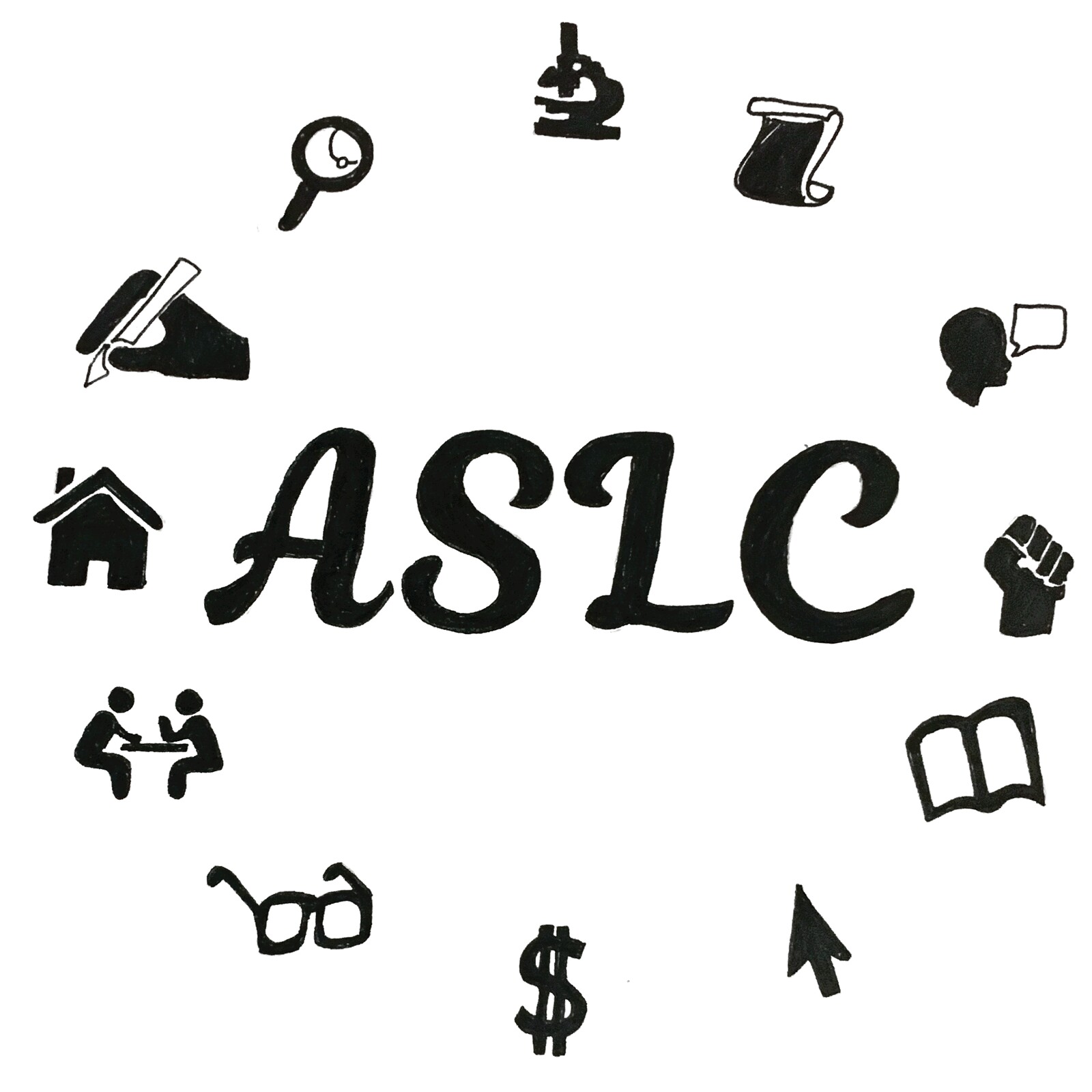
By Elsa Spaulding
A spirited discussion regarding the student body’s limited swipe access to residential halls sparked controversy during the Associated Students of Lewis & Clark (ASLC) meeting on Nov. 1, with ASLC Senators advocating for reasons why students should and should not be able to access all residences on campus.
Some senators argued that universal swipe access could pose a threat to students living in residential buildings on campus.
“I don’t think (limited swipe access) is an issue that needs to be fixed,” ASLC Senator Jack Bishop ’21 said. “I think that it’s a policy for a reason. I personally know people who would have been put in danger if other people were allowed universal access to dorms.”
Other senators argued that limited swipe access hinders dorm common rooms from reaching their full potential as community-building spaces, which can negatively impact a student’s experience at LC.
“There are a lot of common-area spaces which could be flourishing areas of community but because they are isolated to only the people who live there, they’re not as universal,” ASLC Senator Sherlock Ortiz ’20 said.
The members of ASLC did not reach a consensus, but formed the Residential Swipe Access Ad Hoc Committee so that the issue could be revisited and further discussed in the future.
“I think we need to find other ways to create community; one of the reasons why people transfer away is because they don’t feel a sense of community,” Ortiz said.
Those present at the meeting also spent time examining the logistics of several upcoming bills, including legislation that denounced new Title IX changes that put transgender people at risk and encouraged a re-examination of the War on Drugs.
A bill proposed by ASLC Senator Maxine McCuller ’21, in partnership with Feminist Student Union and Queer Student Union, denounces a set of proposed restrictions to Title IX that would define gender as a permanent condition determined by genitalia at birth.
“The Department of Health and Human Services is trying to revise the definition of sex in Title IX to be about gender and gender identity,” McCuller said. “Under the Obama administration, sex was loosely defined in order to protect people against hate crimes. I’ve started creating this resolution because it very negatively affects transgender people.”
The Department of Health and Human Services continues to push for legal changes to the definition of gender, and will formally present these policies to the Justice Department before the end of the year.
Another bill proposed by ASLC Senator Max Colmenares ’20 encourages the LC community to re-evaluate the War on Drugs as a public health issue influenced by racial bias and socioeconomic factors.
The War on Drugs refers to a campaign established by the Nixon administration that seeks to discourage the use of illegal drugs and incarcerate those involved in the drug trade. The War on Drugs has been widely criticized for disproportionately targeting people of color and skyrocketing incarceration rates in the United States.
“This resolution is mainly focused on reexamining the drug war in terms of public health and reducing the criminality of drug use,” Colmenares said. “ASLC should support the enactment of civil remedies and restorative justice for those found guilty of drug use and apologize to communities who have suffered from this.”
These bills will be formally presented to ASLC in the near future, where Senators will vote for their passing based on the broader community interests present on campus.
Subscribe to the Mossy Log Newsletter
Stay up to date with the goings-on at Lewis & Clark! Get the top stories or your favorite section delivered to your inbox whenever we release a new issue.

Leave a Reply